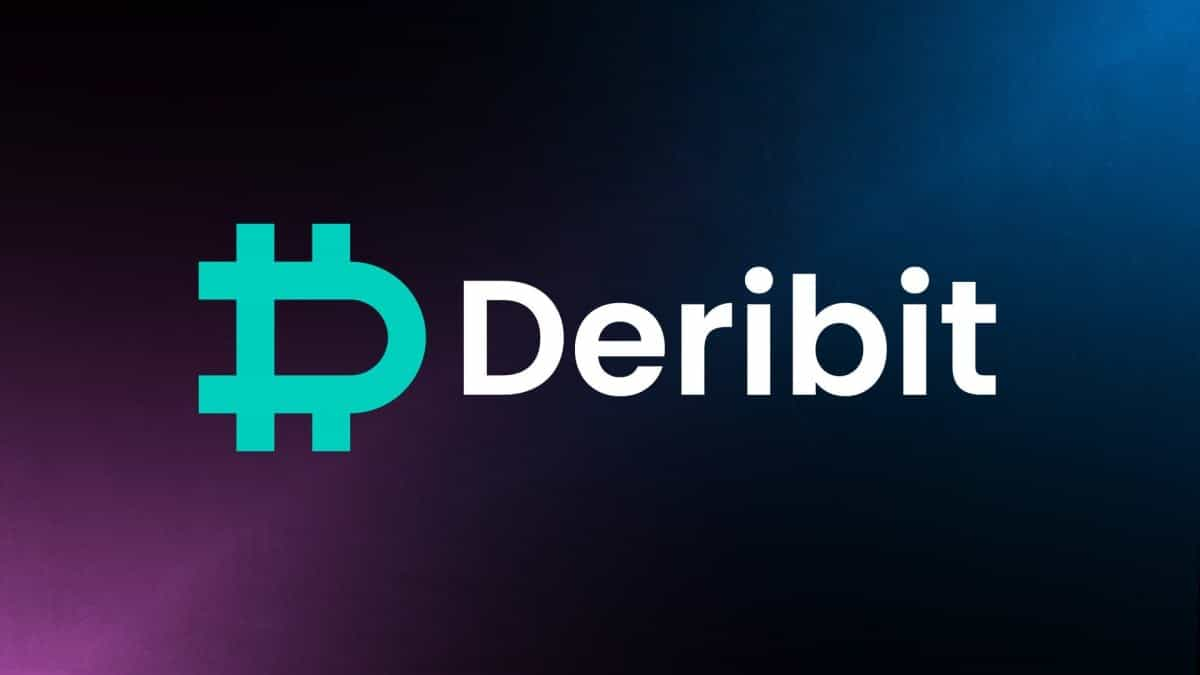About Polygon
Polygon is a cryptocurrency that operates on the Polygon network, providing a scalable and efficient platform for building and deploying decentralized applications and blockchain solutions. It aims to facilitate fast and low-cost transactions, enable interoperability between various blockchains, and enhance the accessibility and user experience of decentralized finance (DeFi) applications.
Polygon distinguishes itself through its Layer 2 scaling solutions, which hope to tackle the scalability issues of the Ethereum network. The Ethereum network has become popular in the blockchain world but struggles with limited transaction processing capacity. Polygon's solution involves a sidechain called "Polygon PoS Chain" that operate alongside Ethereum's main chain. This sidechain utilizes a proof-of-stake consensus mechanism, which used to be different from Ethereum. By implementing Layer 2 scaling, Polygon enables faster and cheaper transactions, reducing fees and improving confirmation times for users. Moreover, Polygon supports the deployment of smart contracts, facilitating the development of decentralized applications.
Polygon offers seamless interaction with the Ethereum network, making it highly appealing to developers and users interested in decentralized applications on Ethereum. By serving as a Layer 2 scaling solution on top of Ethereum, Polygon enables faster and more cost-effective transactions, thanks to its interoperability with the Ethereum blockchain. This interoperability feature allows developers to effortlessly transfer their existing Ethereum dapps to Polygon, benefiting from improved transaction throughput and reduced fees. This transition eliminates the need to rebuild infrastructure, enabling applications to scale and reach a wider user base. Users can continue using their Ethereum wallet without the need for a separate one, ensuring smooth interaction with Polygon dapps. In addition to enhancing scalability and accessibility, Polygon's interoperability with Ethereum also enables cross-chain functionality. Users can easily transfer assets and value across different blockchains, including Ethereum, to cater to their specific requirements. This feature promotes liquidity across protocols and fosters a more inclusive and interconnected ecosystem, ultimately creating a flexible and efficient platform.
About The Russian Ruble
The Russian Ruble (RUB) is the official currency of Russia, issued by the Central Bank of Russia. It is widely used in trade across Eastern Europe and Asia, especially in energy markets. In the crypto space, RUB trading pairs are available on select exchanges, and Russia has explored blockchain-based financial systems as part of its digital economy initiatives.





